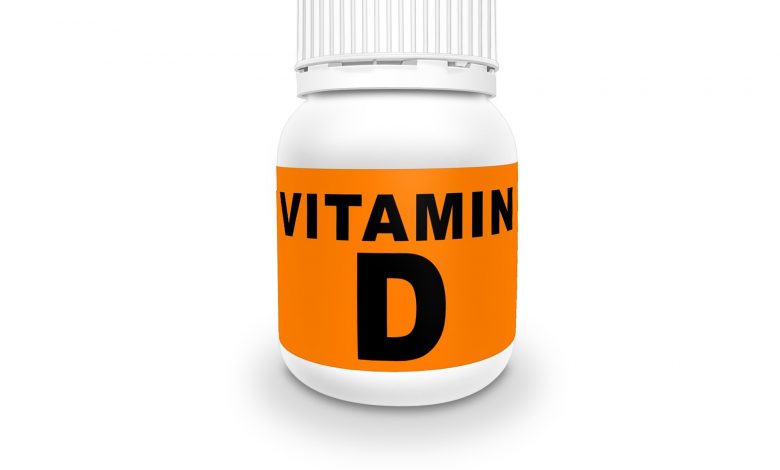How to Increase Vitamin D Level: [Complete Guide]

Vitamin D is one of the most important nutrients your body needs on daily basis. It helps build, process and maintain the body for growth and development. Mainly related to bones and regulation of other elements such as calcium and phosphate helps in strengthening bones, teeth, and muscle health. Excess or deficiency can both be extremely dangerous for a patient he/she faces any disease related to the particular vitamin. Approximately 13% of people worldwide face Vitamin deficiency. The nutritionists and the doctors suggest supplements in the form of gummies, powders, and tablets that help retain the levels of vitamin D.
How Long Does it Take to Restore Vitamin D Levels?
The answer of (how long does it take to restore vitamin D levels) depends upon the person’s body as to how fast it can recover from deficiency and regain the lost balance of the nutrient. On average, doctors prescribe vitamin D supplements for about 2 months minimum. Mostly, it takes 2 months to 4 months to balance the vitamin D in the body. The tablet is to be taken once a month if the dose is high. Similarly, if the mg of the nutrient is low, then your health advisor may prescribe it every two weeks. Age factor is another problem when prescribing vitamin D.
How to Increase Vitamin D Levels in the Body?
Coming down to the basic question, increasing vitamin D can take time, proper ratio and schedule of supplements, and most importantly, your diet. There are many ways you can naturally increase the nutrient’s concentration and promote your body’s immune, circulatory and digestive systems. Here are some methods you must go through.
Sunshine and Jogging
Instead of running, jog at an appropriate speed. That too, in the morning sunlight. The rays coming from the sun has ultimate UV-B radiations that transform into vitamin D. Our skin has a mechanism of cholesterol that acts to soak up the sunrays and precursor it to vitamin D. The vitamin D you take up from the sun circulates in your body more actively than any food or supplements. A normal jog can help you sweat and maintain a good weight as well.
Know your Skin You Soak Vitamin D In
People with darker skin and lighter skin have a different level of soaking vitamin D. For people who have dark skin tone need to stay in sunlight for a longer time than those with lighter and whiter skin. As dark skin has a melanin compound in access, it inhibits or slows down the process of vitamin D transformation from the UV compound.
To Remember: Always go out with sunscreen on your face, arms, and legs. We need some of the sun rays for freshness and nutrition for the body. All the other ones can cause skin rashes or pigmentation to sensitive skin. Choose an SPF sunscreen that is affordable to buy and dissolves in your skin rather than a creamy sensation and irritation lotions cause.
Know the Time of Soaking Sunlight
Sunlight is essential for vitamin D, no doubt. However, the radiations that come along with healthy rays can be dangerous for the skin. Overexposure and excessive heat from the sun can cause skin diseases and reactions. It is best to soak sunlight in the daytime of the winter season and twice in summer. The cool summer morning with the rising sunlight is beneficial for vitamin D and the sunset time, where the sun is almost gone is the best time to take in Vitamin D. You cannot spend an entire summer day out just for vitamin D and healthy skin, sunburn, and stroke from the sunny day!
Consume a Great Diet
Vitamin D comes from seafood mostly. Food items that are rich in omega-3 fatty acids are also healthy for increasing your Vitamin D levels. Even in the supplements related to vitamin D, they have fish liver oil from fish like Cod. Apart from the stench of that oil, it is most beneficial for your bones and super development of power in your body. The following food items that you need in your diet today are,
- Mushrooms
- Egg yolks
- Red meat and liver
- Oat and Soy milk
- Dry fruits such as Almonds and Cashews
- All sorts of seafood such as tuna, oyster, sardines, anchovies, shrimps, fatty fish like salmon, and mackerel are full of omega-3.
It was all about vitamin D enhancement in your body.
All in all, it is very important to keep Vitamin D levels between the accepted levels so that your body can perform efficiently. Overdosing or deficiency can lead to multiple health problems in the long run. Therefore, you should always keep your Vitamin D level under control.



